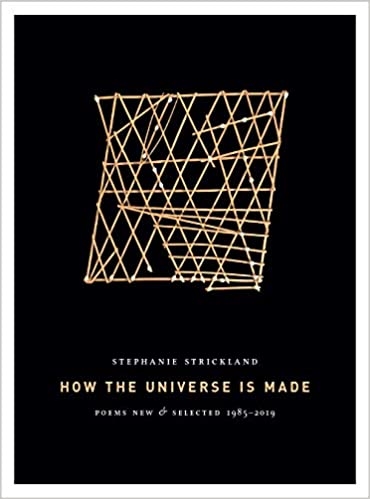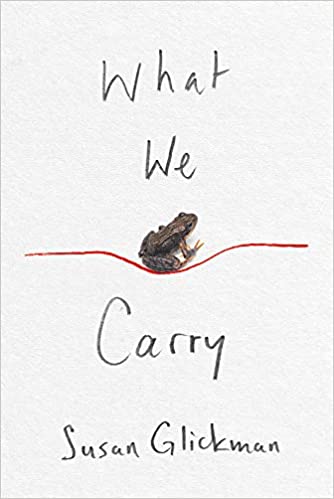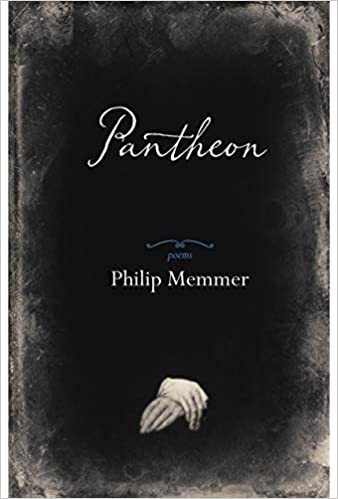
Stephanie Strickland. How the Universe Is Made: Poems New and Selected, 1985-2019. Ahsahta Press, 2019. 293 pgs. $21.00.
Reviewing a collected or selected volume of poetry is always a challenge. There’s so much to say in response to decades of any author’s work, which has inevitably changed through those decades, in response to events in the writer’s own life, in response to or reaction against political and social changes as well as aesthetic developments in literature and other arts.
Stephanie Strickland’s newest collection, How the Universe Is Made: Poems New and Selected, 1985-2019, is particularly challenging to evaluate within the short space of a review because her work has grown uniquely experimental. She has written—or built, or designed—poems for many new media platforms, viewable online as websites with plug-ins like Adobe Shockwave or Flash, relying on code generated lines, on CDs, or with PowerPoint slides. Yet she simultaneously pays homage to canonical writers such as Emily Dickinson and Herman Melville (who were certainly experimental in their own times). Strickland’s body of knowledge is astonishing, for she incorporates material from virtually every academic discipline as she explores the coded nature of language and its role in humanity’s search for meaning.
Among the most prominent figures throughout How the Universe Is Made is French philosopher, activist, and mystic Simone Weil. Born into a non-observant Jewish family in 1909, Weil explored the teachings and literatures of several religious traditions, including Buddhism and Hinduism, before finding her eventual spiritual home within Catholicism; she was likely baptized shortly before her death in 1943. Weil’s daily life, however, was marked at least as much by her engagement with leftists political movements as it was by her mystical spirituality. These factors and others have made her an attractive as well as controversial figure for many groups of people during the second half of the twentieth century and into the twenty-first.
In many of the poems, Strickland references Weil’s biography, though without directly explaining the details or slipping into a pedagogical tone. In several, Strickland incorporates quotations from Weil’s work and from others writing about her. Whether quoting or relying on her own language, Strickland’s work is elliptical, always hinting toward its subject, circling around it, exploring its facets without ever insisting that the reader concur. These lines are poetic responses to Weil, after all, not analyses or apologetics. Poetry compresses language, relying on attentive readers to make their own connections and draw their own conclusions. Here is “Agent,” a poem that occurs early in the selections from “The Red Virgin: A Poem of Simone Weil”:
How do you say her?
Simone. Say Simone.
But she signs
her letters, Your affectionate
son, Simon—
she’s divided,
always going half-way,
a double agent.
How do you say Weil?
Not Vile, not the German,
although I would be pleased
to call her Miss Because,
but as the family said it,
Vyay, Vey, an oversound
of woe, of one
who waits, keeps vigil.
To us, a way away,
unavailing.
On one level, this poem is simply an exploration of a common conundrum—how do you pronounce “Weil”? Yet each of the pronunciations encapsulates meaning, and the words refer to aspects of her life—her German heritage, her desire to serve as an agent for the French resistance. She is not the “Vile” of German behavior during the 1930’s, but lest the poem become too predictably or simply anti-Nazi, Strickland introduces a pun, “Vey, an oversound / of woe,” oy vey, oy veh, the Yiddish expression whose use in American popular culture has become almost a parody of Jewish life. The puns continue, though more seriously, in the final stanza, wherein “Weil,” having become “Vey,” now becomes “way,” “a way away. A way for whom, we might ask, and away from what? The speaker says, “To us,” meaning perhaps herself and all readers, an anglicized pronunciation of Weil, a deep allusion also, perhaps, to Weil’s conversion to Christianity, as Jesus described himself as “the way.” And then we have the final line, the single word, “unavailing,” itself containing “Weil” pronounced in its center. “How do you say her?” the poem asks in its opening line. By the time we reach the end, we’ve been instructed in the proper pronunciation, but we’ve also been led astray, as much “away” as toward Weil, for she seems no more knowable here at the end than she was at the beginning. We can name her, but naming does not lead to possessing her, regardless of what the theologians or psychologists claim.
A couple of poems in the middle of this section appear to be spoken in Weil’s voice—though context is important, for nothing in the poems themselves overtly reveals this. “Justice” contains statements consistent with Weil’s theology, a view of God as absent from the matter of creation that some would find uncomfortable, even heretical. Yet the God portrayed here is attractive, even seductive:
As justice is to disregard your strength in an unequal
relationship and to treat the other
in every detail, even intonation, posture, exactly
as an equal:
so God
all-powerful, does not exert power; God waits like a beggar
for us, made equal, Might drawn
back
that the world
be—
As justice: so God, secretly
present, an opening in us that can move, consent, bond us
forever,
but not
appearing—appearing absent; except
for how a thing can be beautiful, constrained
to its nature, how that
snares us.
This poem is particularly philosophical and daring in its determination to take such an abstract concept as justice as its subject matter, but I am most attracted to its skillful craft. The poem’s arrangement on the page, along with its punctuation, encourages readers to slow down, to consider its ideas as well as its words. Notice how Strickland uses the line to both repeat and disguise her repetition as the logical sequence of the sentence shifts from premise to conclusion. “As justice,” the poem begins, leading to a similar phrase in the second stanza: “as an equal: / so God.” Immediately after the midpoint, parts of these phrases appear again, this time in a single line so that they stand out less obviously: “As justice: so God, secretly.” In case we leap ahead too confidently, the next stanza begins with a contradiction and paradox: “but not / appearing—appearing absent.” The poem concludes suddenly, imitating the quick unexpected act contained in the phrase, “snares us.”
Other reviewers will undoubtedly focus on the mathematical and technological content of How the Universe Is Made, for which I am glad. This collection is one that will elicit multiple responses, for it offers multiple points of entry. Its variety is among its strengths, yet its variety is also consistent with its material and approach, an exploration of all that which, like the universe, can never be fully known.


